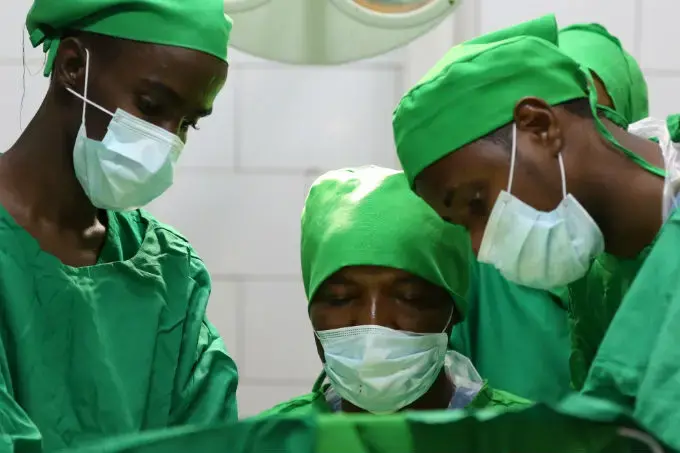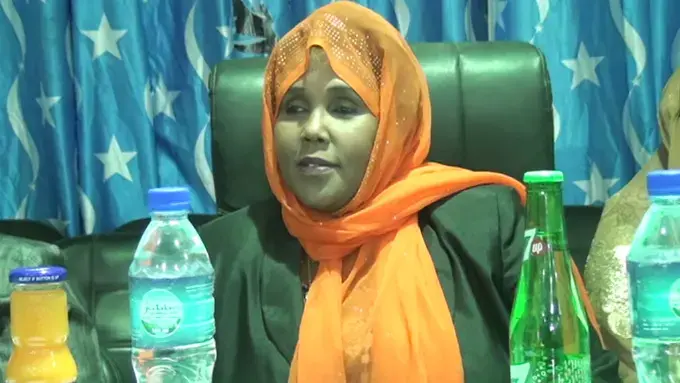The Ministry of Health in Puntland, in partnership with UNFPA, commemorated International Day to End Obstetric Fistula on May 23, 2015 as designated by the United Nations General Assembly. The event was successful and was attended by dignitaries and staff from different government departments including the local government, Ministry of Justice and other guests from the international community.
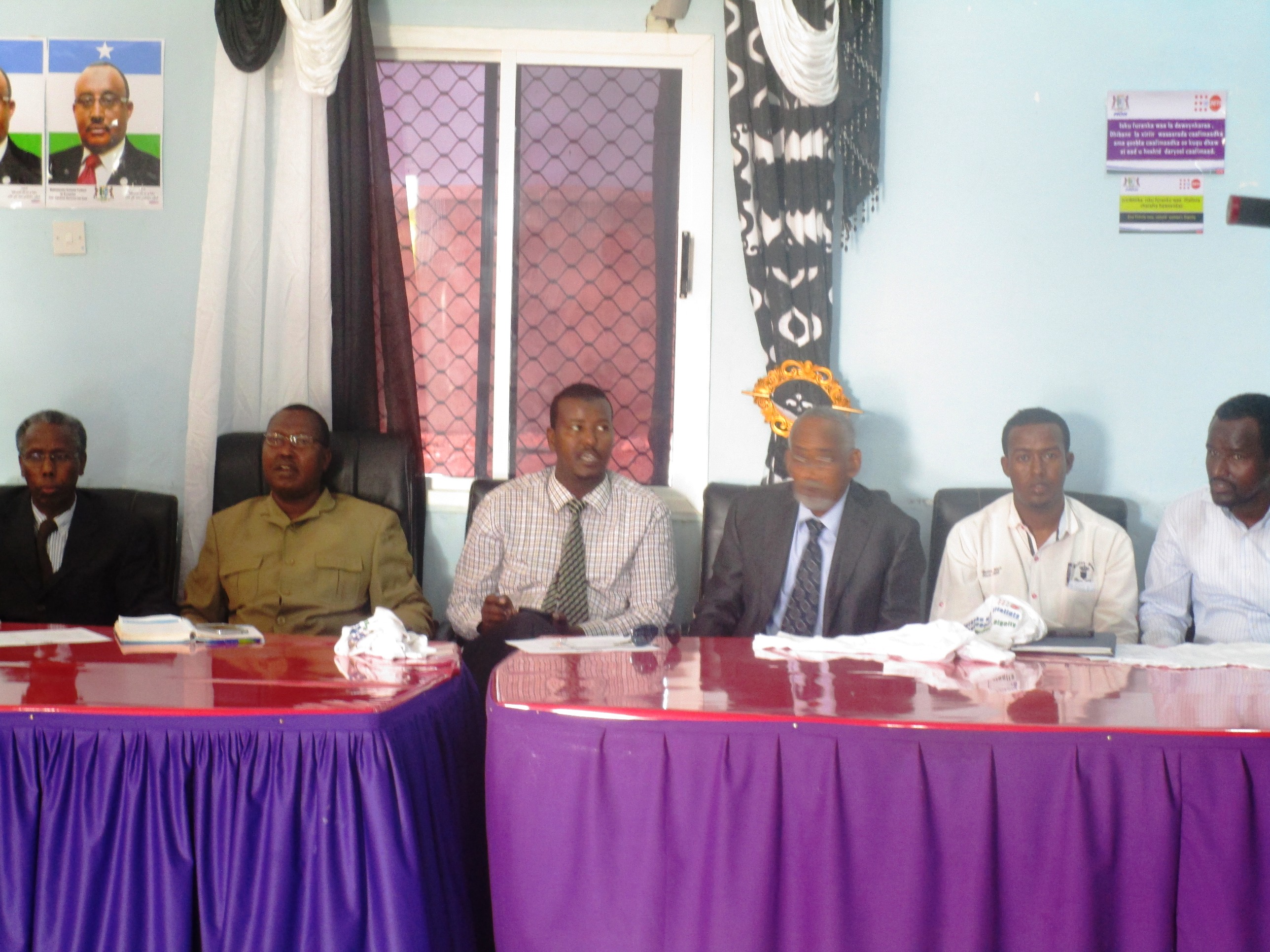
This year, the global event was used to reflect on progress made towards ending obstetric fistula, to raise awareness, and to generate new political and financial support for the Campaign to End Fistula, which is urgently needed to address this severely neglected health and human rights tragedy.
Many women and girls who suffer from fistula are excluded from daily community life and often abandoned by their husbands and families, isolating them socially and emotionally, making it also difficult to maintain a source of income or support, thus deepening their poverty and magnifying their suffering. The persistence of fistula reflects broader health inequities and health-care system constraints, as well as wider challenges facing women and girls, such as poverty, gender and socioeconomic inequality, lack of schooling, child marriage and early childbearing, all of which impede the well-being of and opportunities for women and girls.
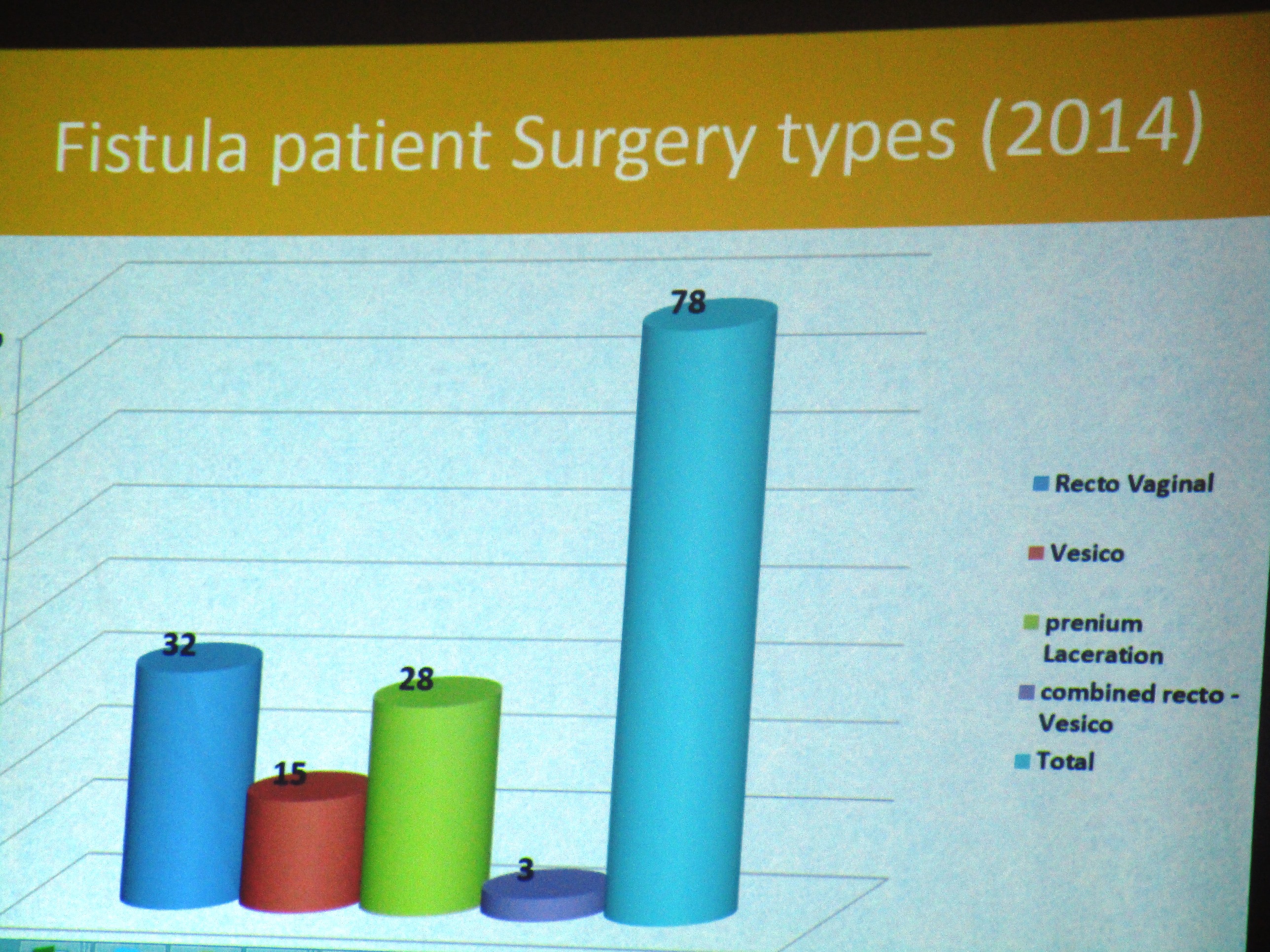
Speaking at the commemorative event in Puntland, State Minister of Puntland Abdullahi Jama Guled said it was time for the country to take a stand against fistula.
"We are fully committed and are working alongside UNFPA to end obstetric fistula in Puntland. It is a preventable condition which has caused harm and a lifetime of discomfort and pain to a lot of women," said Guled.
The event highlighted the need for more work to be done in Puntland to deal with obstetric fistula cases and to focus attention on prevention so that girls and women do not find themselves in a situation where they have to undergo several operations to get repaired and to avoid the stigma of being shunned by their own communities.
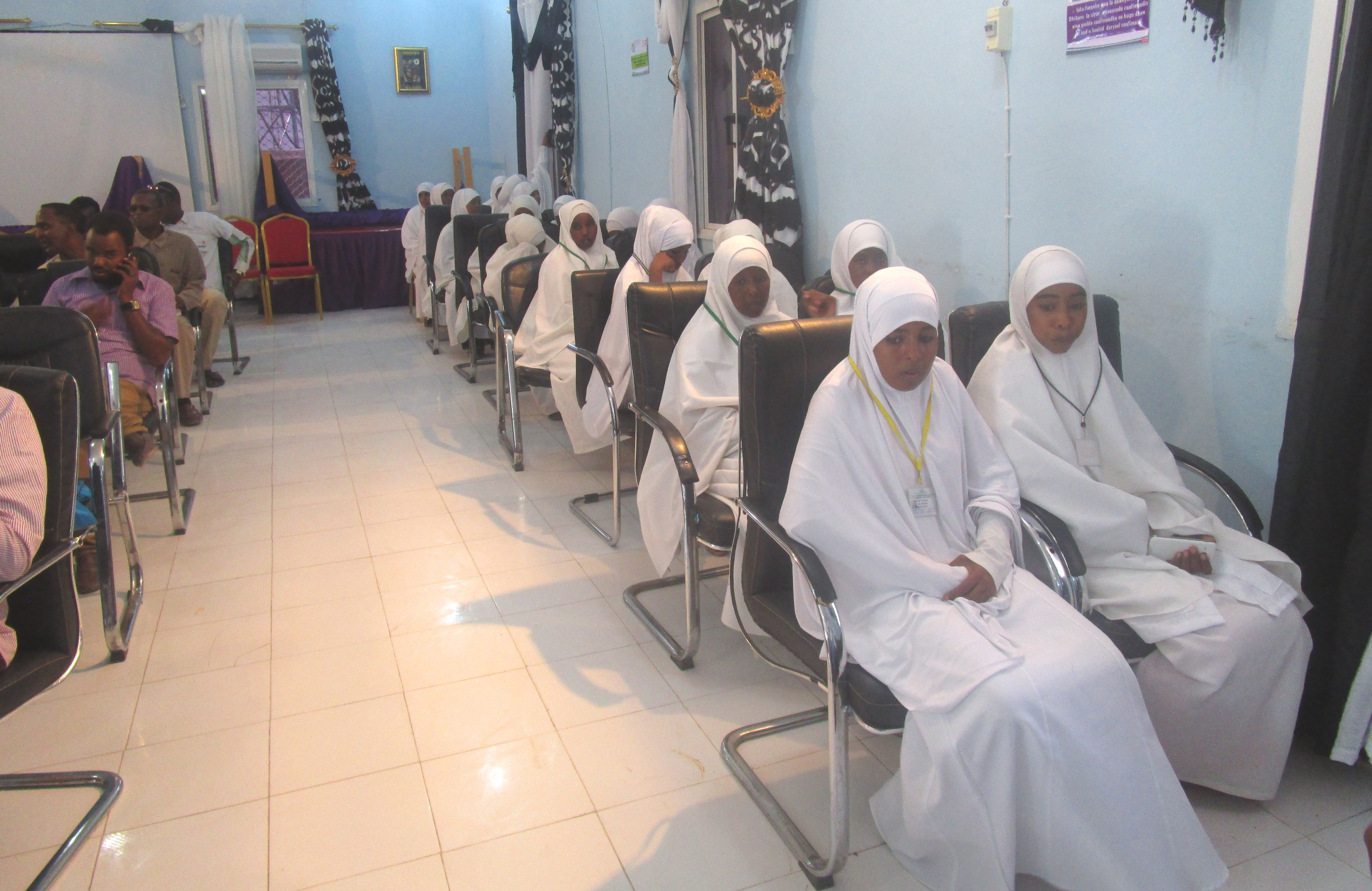
One of the most serious injuries of childbearing is obstetric fistula, a hole in the birth canal, caused by prolonged, obstructed labour due to lack of timely and adequate medical care. Fistula has been virtually eliminated in industrialized nations, but in the developing world, it is estimated that more than 2 million women and girls are still living with the condition. However, the injury is preventable and, in most cases, can be repaired surgically. It is estimated that at least 50,000 new fistula cases occur each year, while fewer than 20,000 women and adolescent girls receive treatment annually.
Obstetric fistula can be largely avoided by delaying the age of the first pregnancy, stopping harmful practices such as female genital mutilation and ensuring timely access to obstetric care.
Pilirani Semu-Banda & Fatuma-Najma


